Trusted by Ireland’s leading organisations for Payroll training.
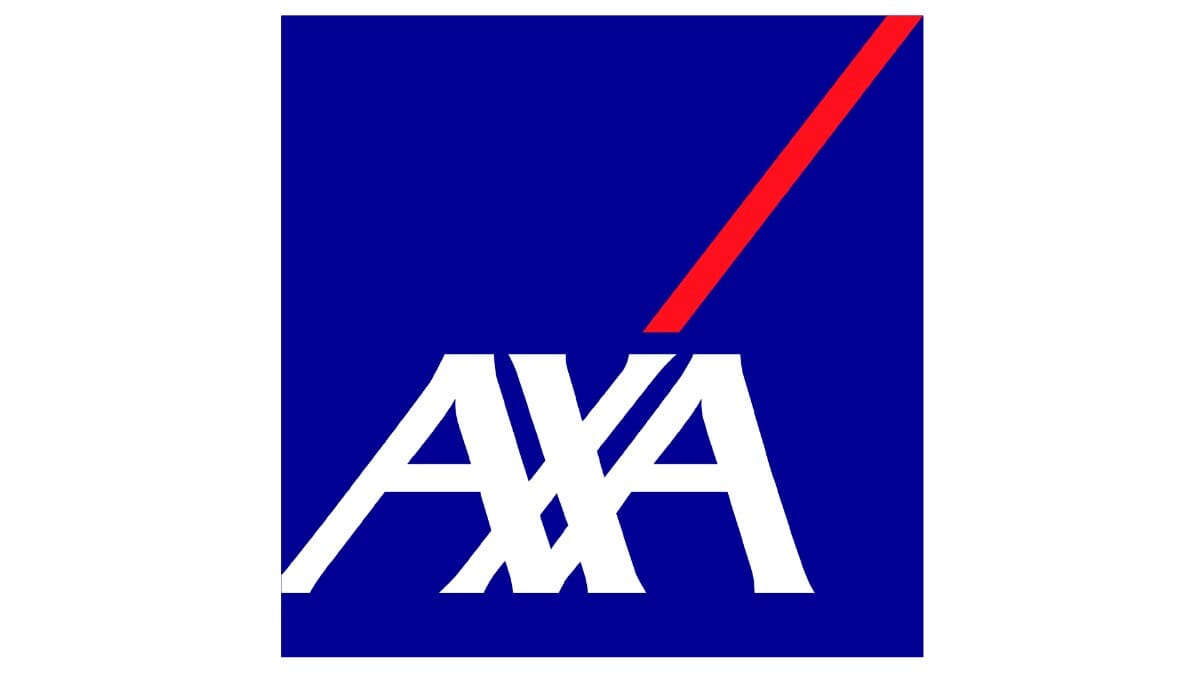
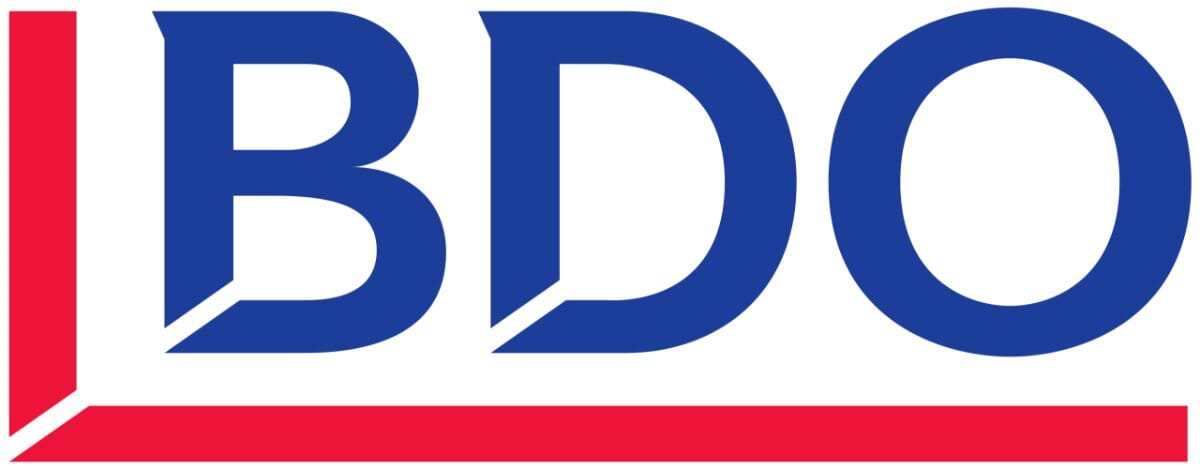
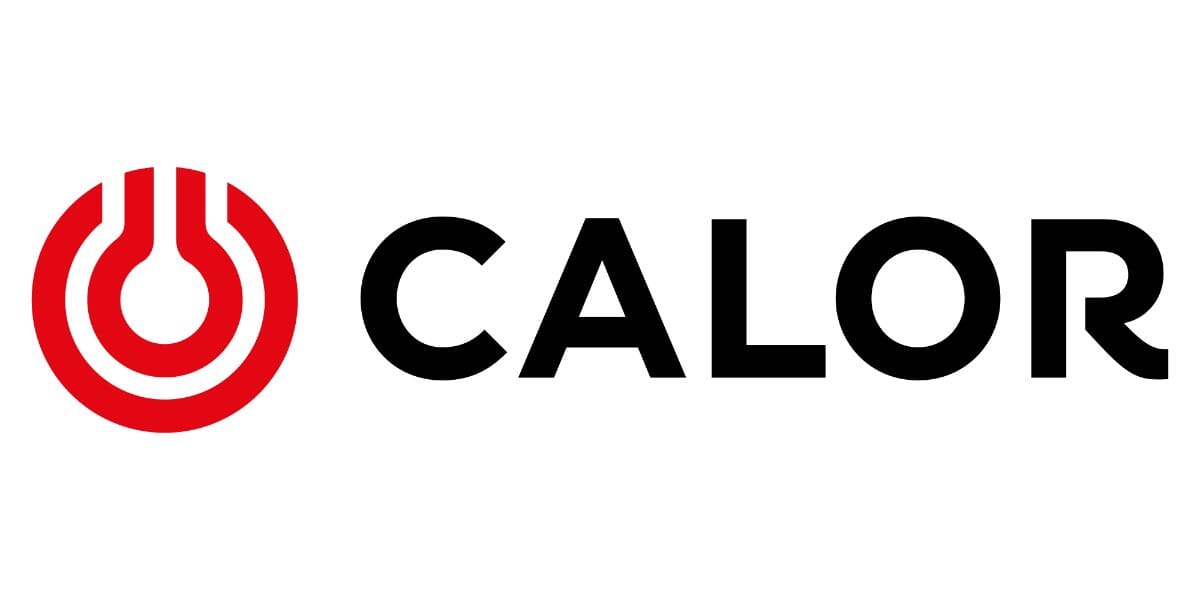

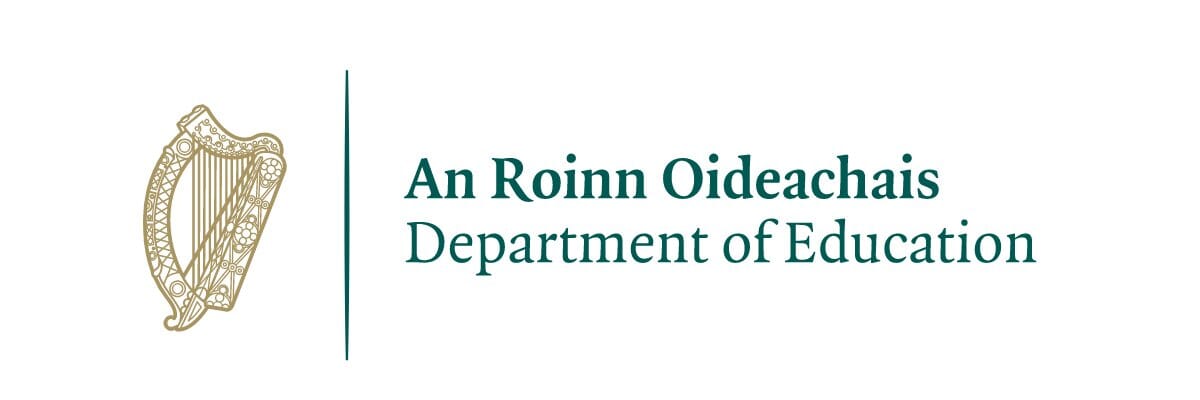
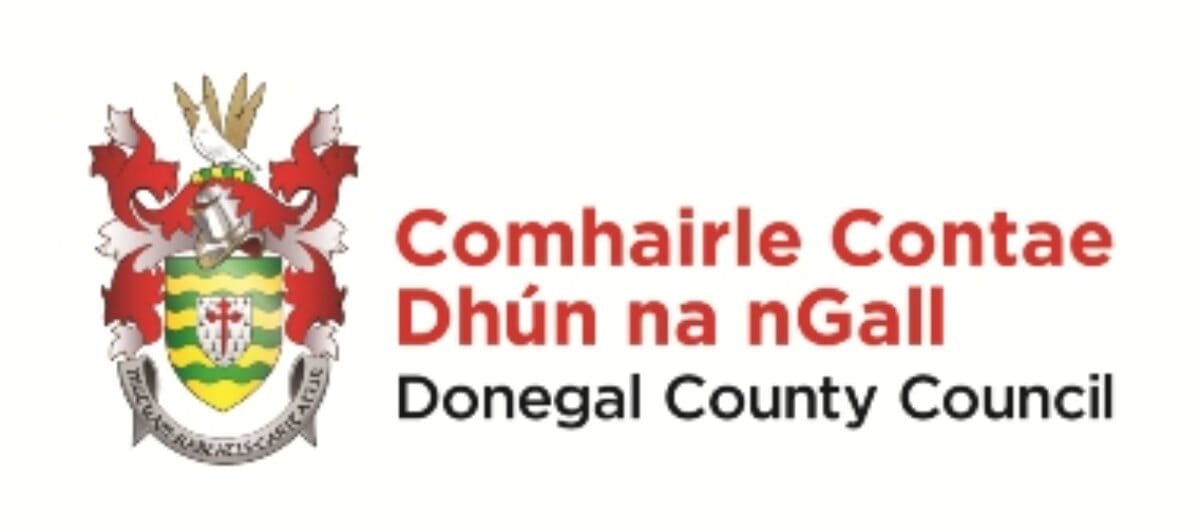

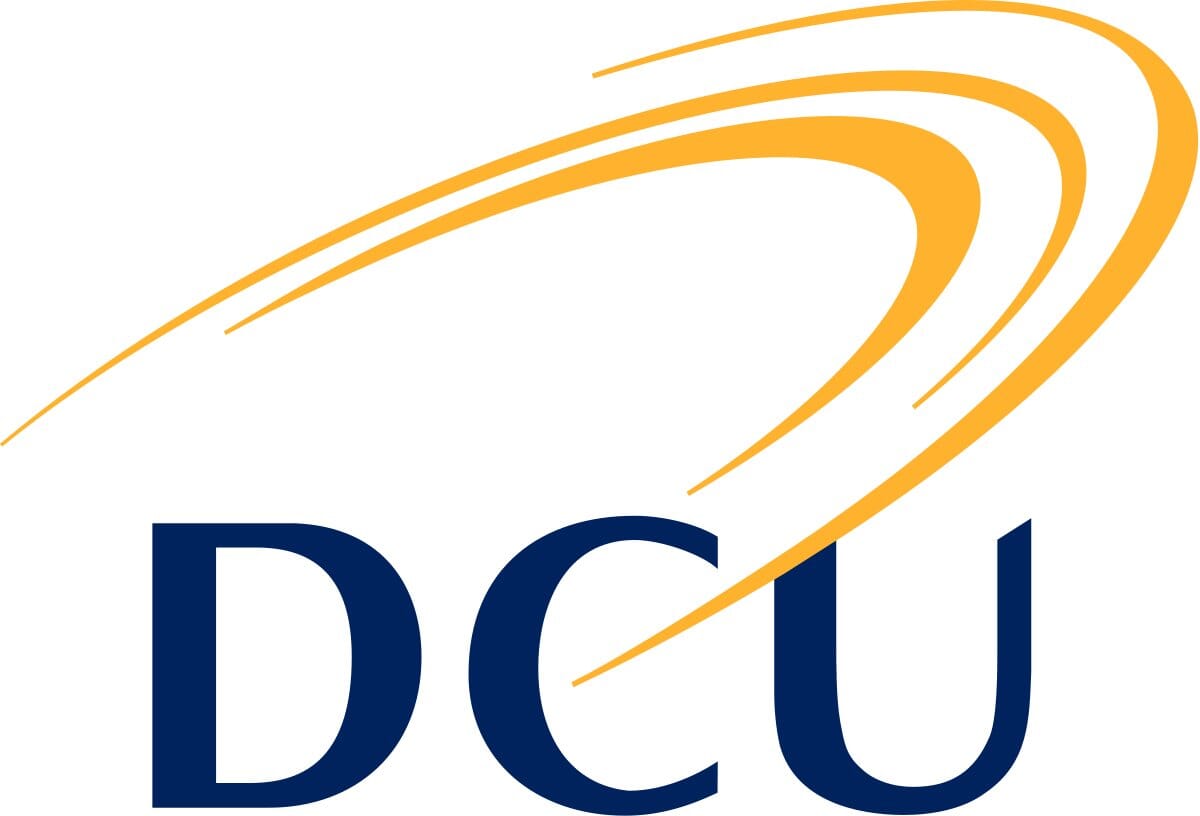


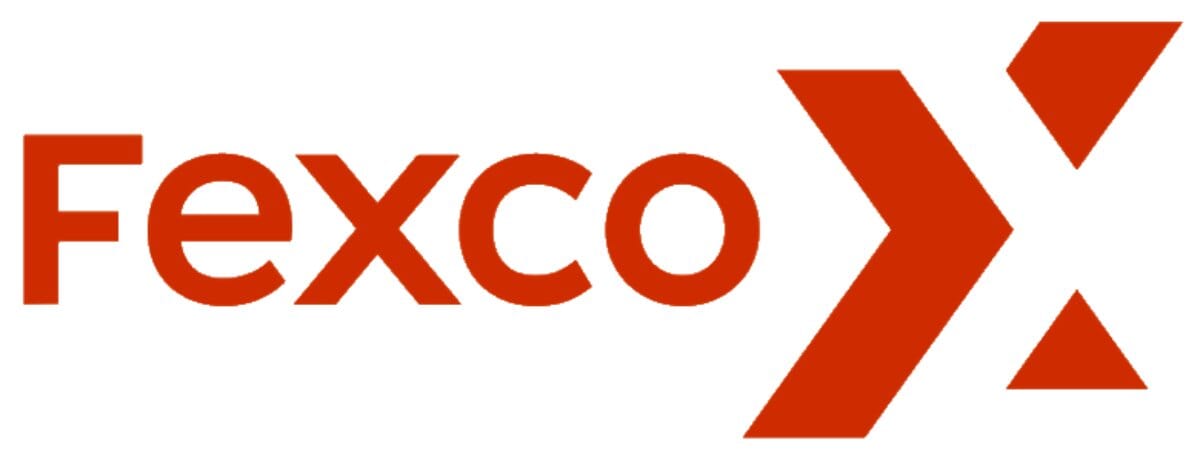
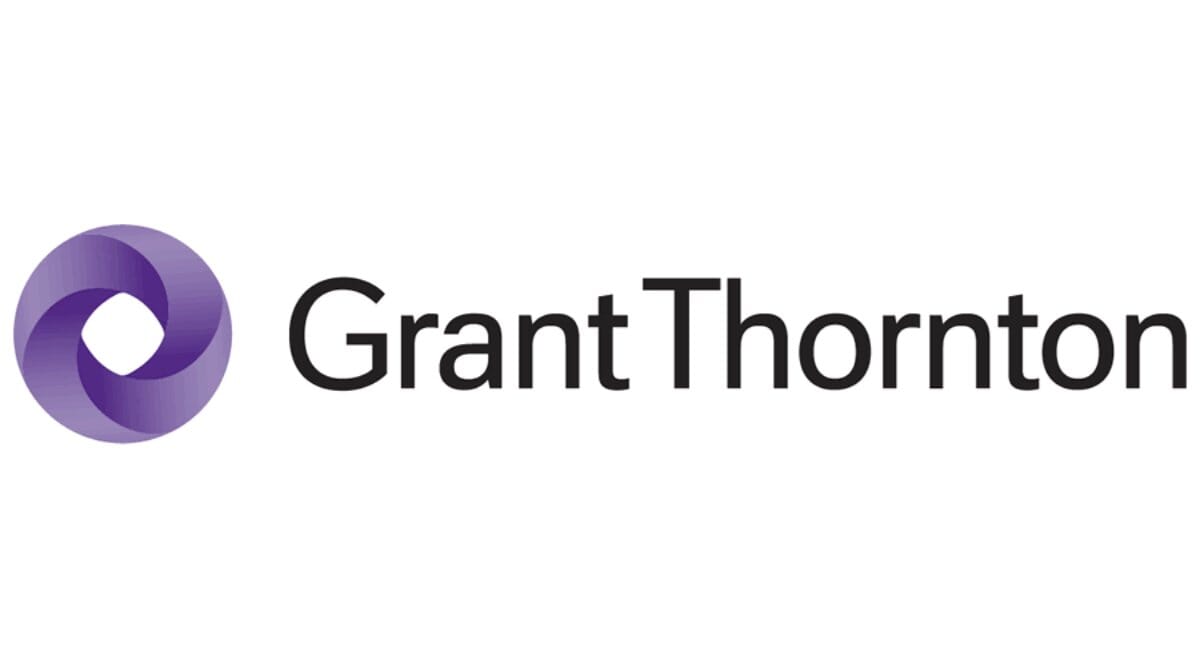
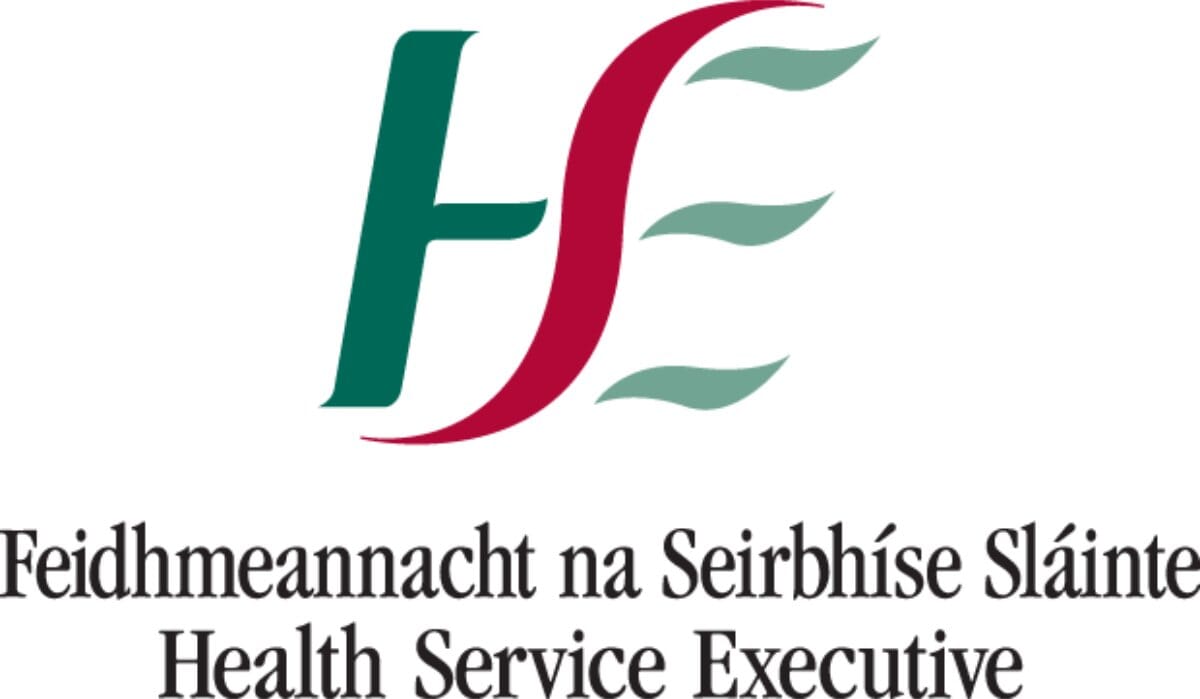
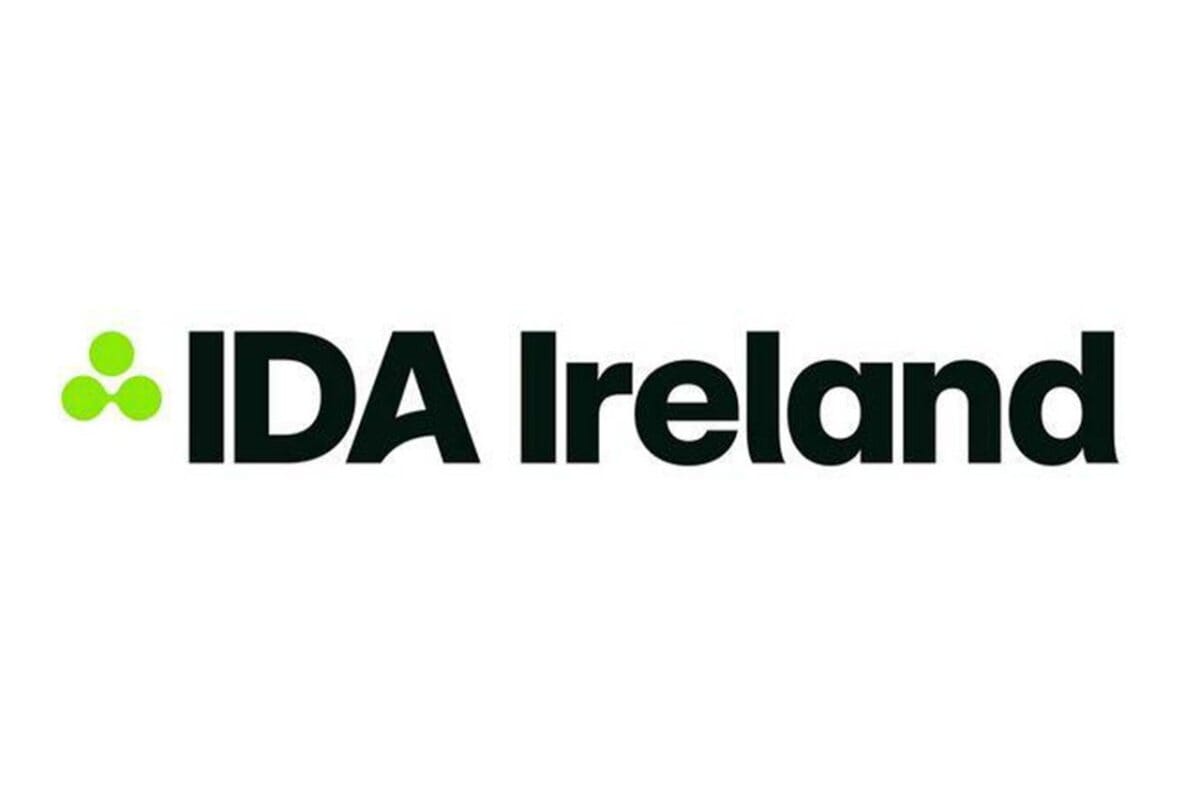


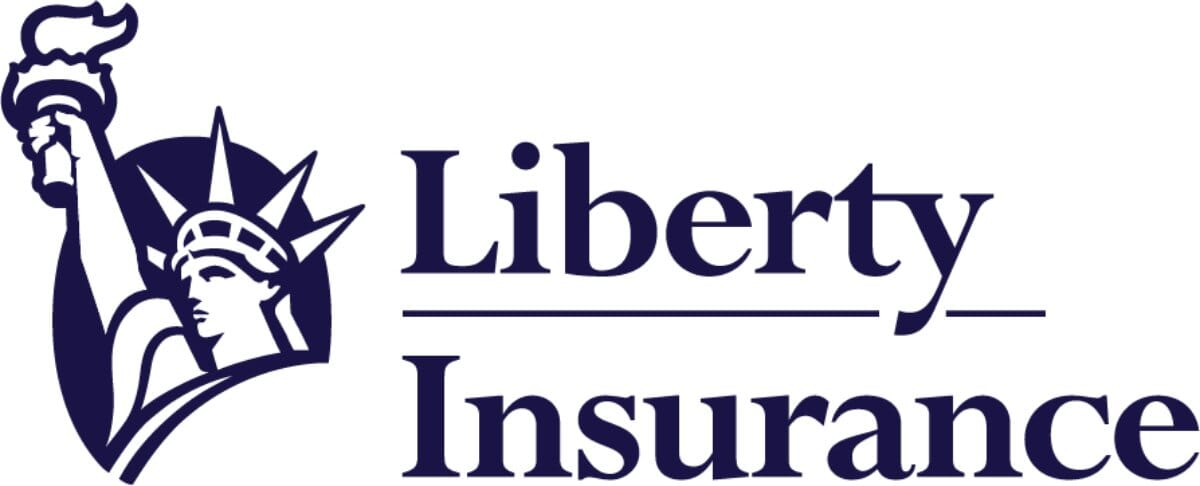
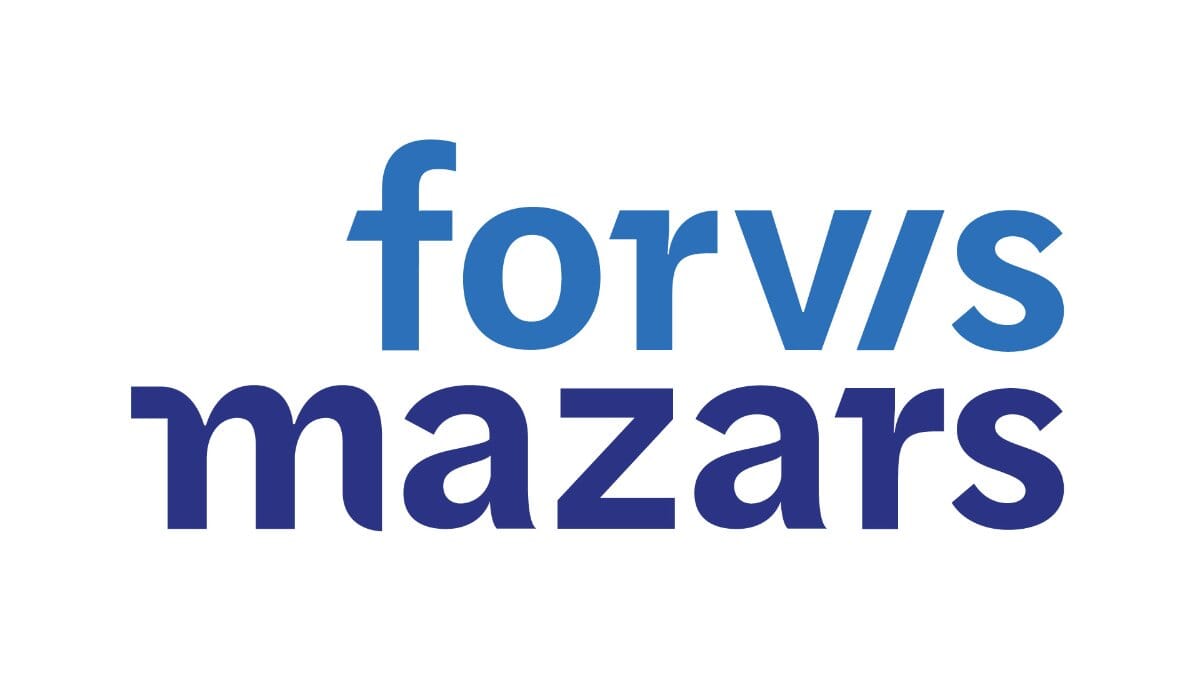
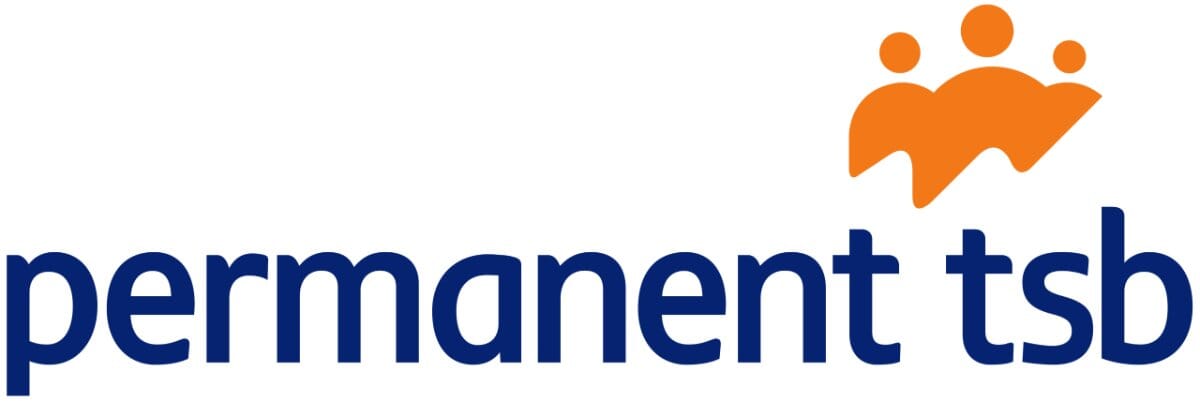

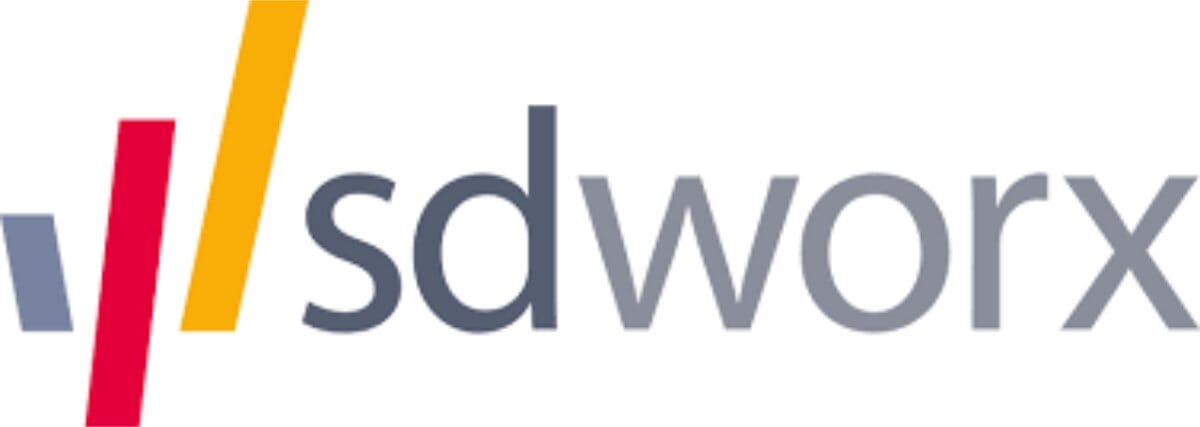
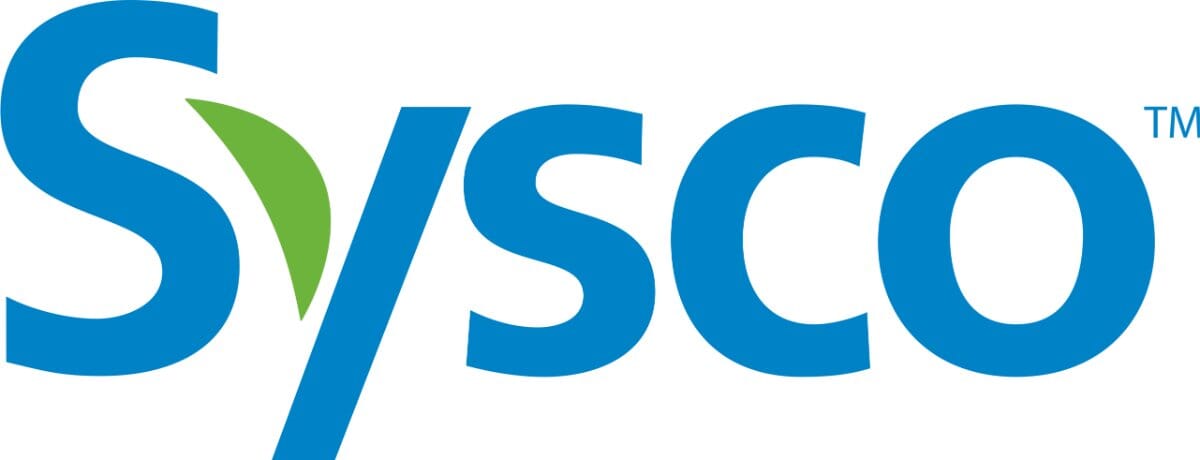

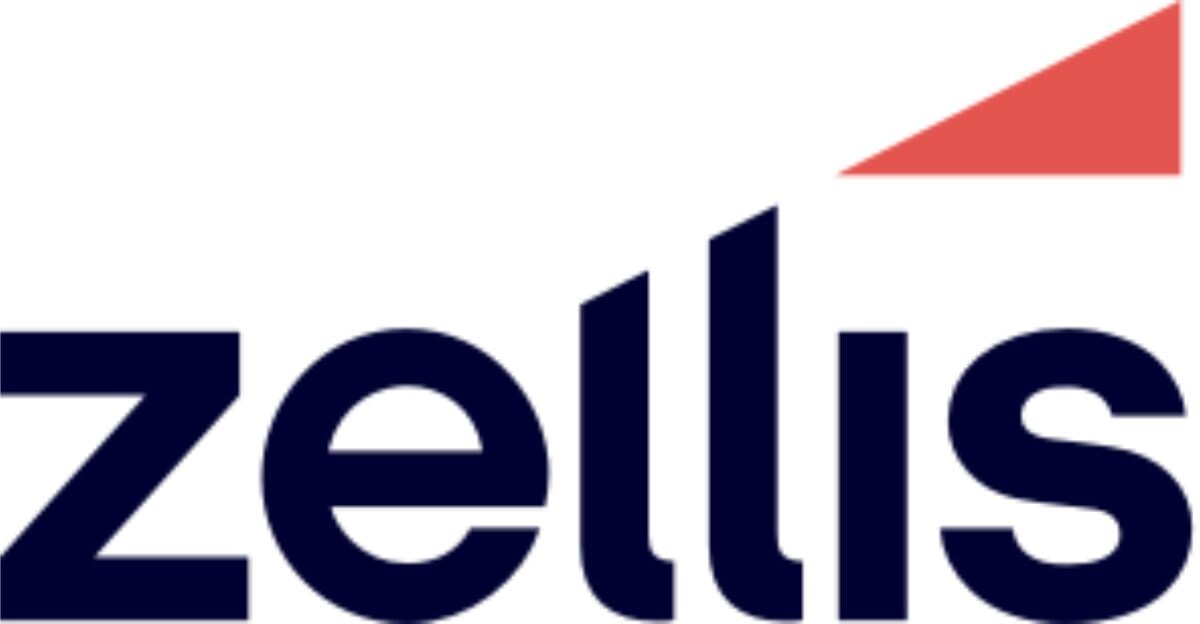
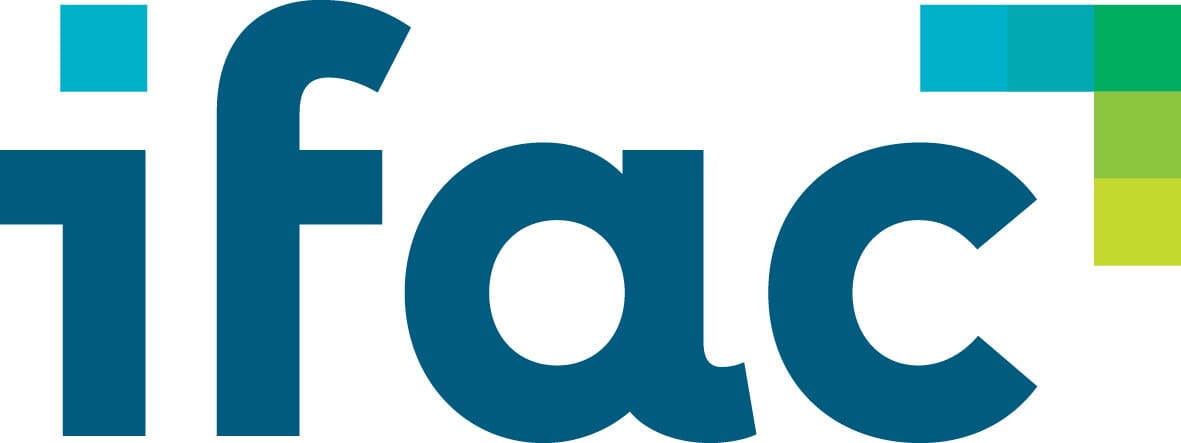

Overview
- Registering for ROS
- Register of Employees
- Registering an employment
- Standard Rate Cut Off Point (SRCOP) and Tax Rate Bands explained in detail
- Personal Tax Credits
- Tax Calendar for PAYE purposes
- Methods used to communicate payroll information with ROS
- Detailed description of data items included in an RPN and the significance of an RPN number
- Employment ID functionality and importance explained in detail
This module explains the operation of the Cumulative Basis, Week 1 Basis and Emergency Basis of tax. It also outlines the tax treatment in a Week 53 payroll and contains numerous examples of the Cumulative Basis, Week 1 Basis, Emergency Basis of USC and the USC treatment in a Week 53 payroll.
- Cumulative Basis and Week 1 Basis explained in detail
- Emergency Basis of tax where an employee has not provided a Personal Public Service Number (PPSN) or where an employer is unable to retrieve an Revenue Payroll Notification (RPN) for the employee
- First Employment in a tax year
- Tax treatment in a Week 53 payroll
This module explains the calculation of Universal Social Charge (USC) to include the income which is liable to USC, exemptions from USC and the impact of a medical card on an employee’s USC liability and contains numerous examples of the Cumulative Basis, Week 1 Basis, Emergency Basis of USC and the USC treatment in a Week 53 payroll.
- USC Rates and COPs explained in detail
- Exemptions from USC and the impact of a medical card on an employee’s USC liability
- Cumulative Basis and Week 1 Basis of USC
- Emergency Basis of USC
- First Employment in a tax year
- USC treatment in a Week 53 payroll
- PRSI System as it applies to both employees and employers
- PRSI Contribution Classes and Subclasses explained in detail,
- PRSI Contribution Rates payable by both employees and employers
- Tapered PRSI Credit for employees
- Records to be retained by employer
This module provides practical examples of how an employee’s net pay is calculated (i.e. gross pay less any deductions). This module outlines the deductions which can be made from an employee’s gross pay before the calculation of income tax, PRSI and USC. The module also deals with Local Property Tax (LPT) and how this is deducted through payroll. This module brings together all the rules covered in earlier modules to calculate net pay.
- Summary of deductions from gross pay under a salary sacrifice arrangement for income tax, PRSI and USC purposes
- Summary of deduction from gross pay for income tax purposes
- Deduction of Local Property Tax (LPT) through payroll
- Summary of deductions from net pay
- Calculating net pay
- Employers obligation to submit a Payroll Submission
- Identify the pay date and what information should be included in a payroll submission
- Employer Reference number and an employers obligation once a PPSN is received
- Payroll Corrections which can be corrected in the current period and errors which must be corrected in a previous payroll submission.
- Pre-populated Statement issued by Revenue
- Return date verses the payment date
- Quarterly remitters
- Payment Methods
- Employee’s obligation to issue each employee with core terms of employment and a full written statement of the term of their employment.
- Minimum hourly rate of pay an employer is obligated to pay an employee as well as the rates where an employer may pay less than the national minimum wage.
- Employer’s obligation to issue each employee with a written statement of their wages (a payslip) and the details which must be shown on that statement
- Summary of Annual Leave and Public Holiday entitlements
- Employers obligation to pay Sick Pay
Payment options
FAQ
Here are your answers
We are the Irish Payroll Association. We focus exclusively on Payroll & Professional Tax training in Ireland. Established in 2000, we work with Payroll Professionals and Businesses from every sector of the economy.
Browse these questions and answers to help you make an informed decision on whether this course is right for you.
For more questions email us at [email protected]
"I decided to take a basic payroll course as that was the direction my admin job was taking me in the future. I wanted to take a basic course to give me the foundations as I had never worked in payroll before and found it very interesting and informative. It gave me the appetite to go to the next level and I have just completed part one of the Certificate in Payroll Techniques. Highly recommend this course."
Accurate and efficient payroll administration is essential for smooth business operations in every organisation. Payroll’s role extends beyond just paying employees, it also includes managing payroll taxes, ensuring compliance with employment laws, and maintaining confidentiality. This one-day course, packed with practical examples provides the expertise needed to handle these responsibilities effectively.
This course is designed for anyone involved in payroll processing, including those currently working in or about to start a payroll role. It is ideal for payroll administrators, payroll managers, bookkeepers, accounting technicians, accountants, and finance managers. Additionally, HR personnel and managers will benefit from the course.
Our programmes are deliberately rigorously practical, packed with real world examples mirroring the types of scenarios you face day to day in your job. Each participant will receive a detailed set of course notes, serving as an invaluable reference document. Additionally, a 30-day free telephone helpline service is available after the course for further support. Led by a subject matter expert, our training is designed to have an immediate impact on your job performance.
If you would like to connect with a member of our team, please book a 15 min video-call with one of our Admissions representatives, or call us directly on 01 4089100
Our training is designed to have an immediate impact on your job performance. Each participant will receive a detailed handout, updated to reflect the very latest legislation, serving as an invaluable reference document.
You get to learn from the best with programmes delivered by subject matter experts with deep domain knowledge built up over years of hands on industry experience.
Additionally, a 30-day free telephone helpline service is available after the course for further support.
Programme participants earn an IPASS Digital Credential, issued electronically on a secure platform, with a link that you can share to verify your credentials. Your digital credential may be added to your LinkedIn profile to demonstrate your achievement to your network as well as recruiters and potential employers searching for individuals with your skills and experience.
Due to the short nature of the courses, participants are not required to sit exams or complete assignments. Instead, they are encouraged to actively participate and engage to make the most of the interactive and supportive environment provided.
Attendance at this course may qualify for CPD/CPE hours for members of Professional Bodies such as Chartered Accountants Ireland, the Association of Chartered Certified Accountants, CPA Ireland, the Irish Tax Institute, the Law Society, Accounting Technicians Ireland and other Professional Bodies.
It is the responsibility of each Awarding Body to determine the allocation of CPD hours. They may request evidence of the curriculum you completed and a copy of your digital credential.
